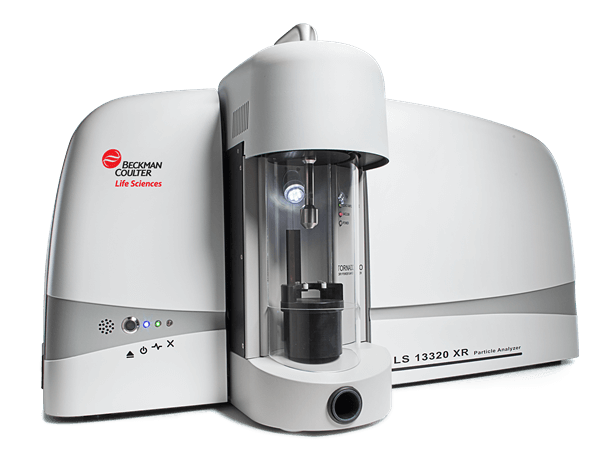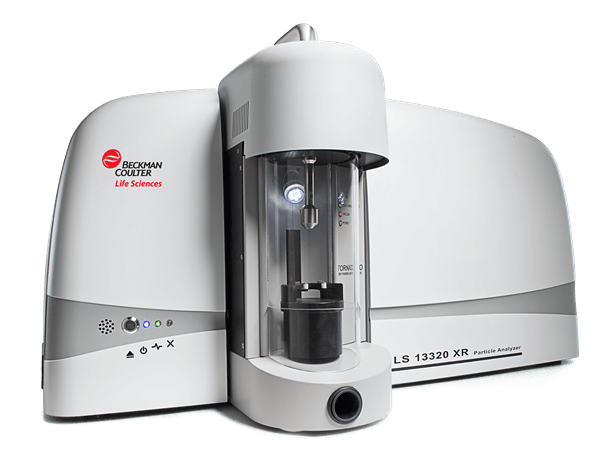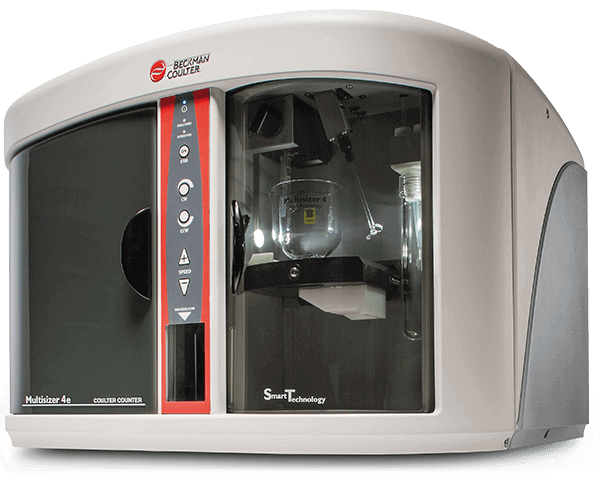Chemicals and Materials
Efficient Production Requires Efficient Particle Analysis of Chemicals/Materials

Particle counting and characterization technology is crucial for analyzing chemicals and materials used by an amazingly diverse variety of industries:
- It’s important in many stages of cement production, as particle size affects strength, quality and drying time of cement powders.
- It’s vital for producing abrasives used to grind, cut, drill and polish, because abrasive particle size distribution is critical for achieving optimum surface smoothness and material removal rate.
- It helps assess the quality of inks and toners used in printing and photocopying, as the stability of toner/ink particle dispersion depends on the magnitude of zeta potential.
- It’s critical for production of cosmetics—including suspensions such as emulsions, gels, lotions and creams—where particle size determines functionality, stability and skin feel.
The Science Behind the Technology
Laser diffraction, the Coulter Principle and dynamic light scattering enable efficient particle analyses (wet and dry) for not only the categories listed above, but also for dozens of other applications and industries.
- Laser diffraction delivers high reproducibility across a broad dynamic size range that spans almost five orders of magnitude, from nanometers to millimeters.
- The Coulter Principle provides particle count data above/below a specific size range of interest, from 0.2 µm ̶ 1,600 µm. As a single-particle measurement process, it yields the highest resolution possible from current characterization techniques.
- Dynamic light scattering characterizes particles in liquids, and has a measuring range on the low end of < 1 nm. It’s a highly sensitive technique for determining particle size distribution, and is especially useful for detecting particle aggregation and sample contamination.
Particle counters from Beckman Coulter Life Sciences use these techniques to provide accurate, reliable particle analysis for chemicals and materials required to manufacture many of the products we count on every day.



